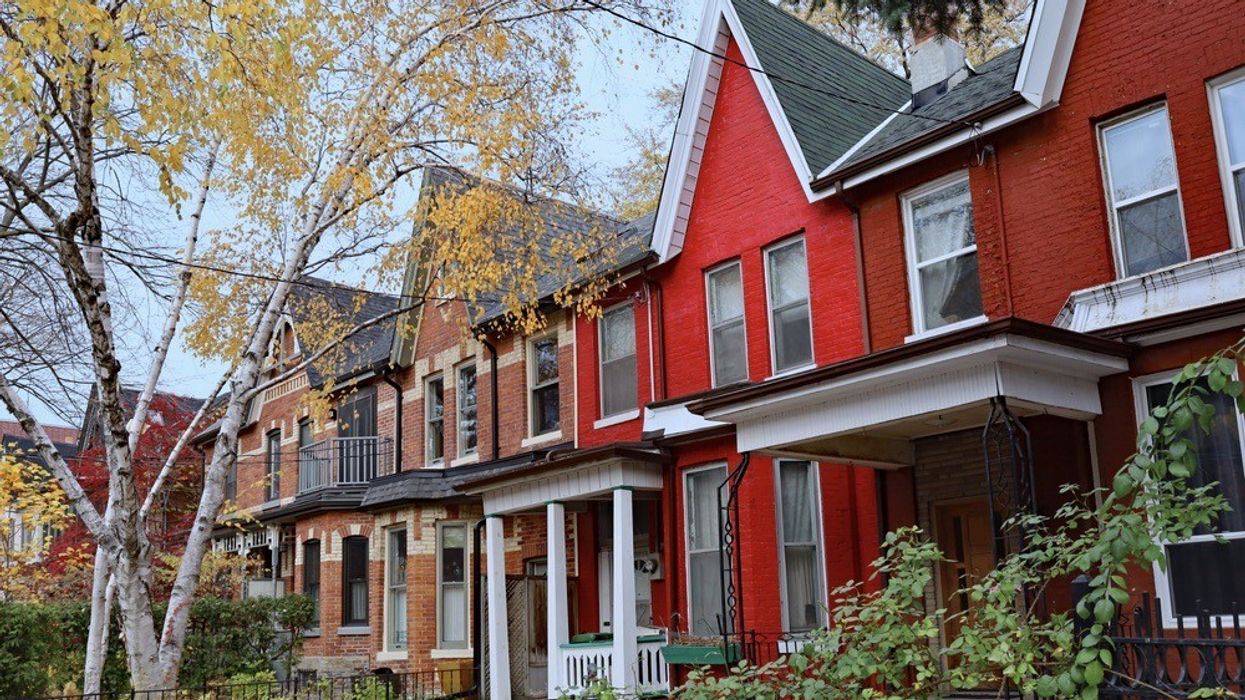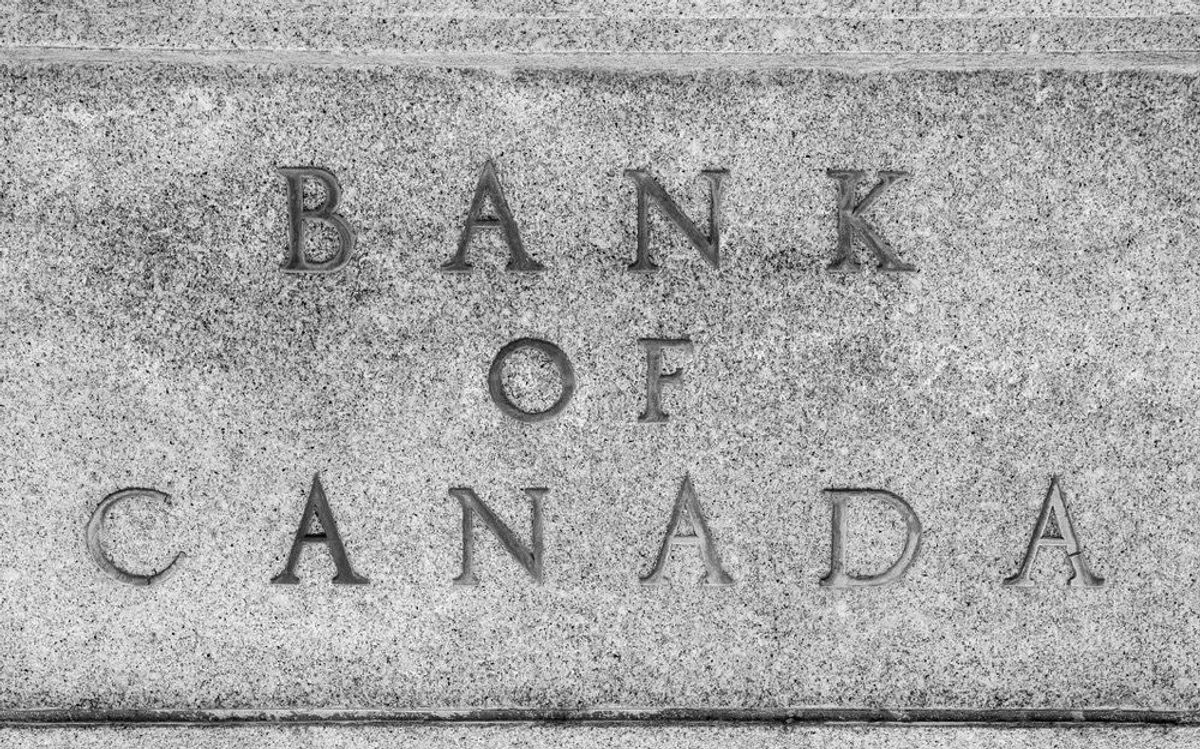Albert Einstein called compound interest the “most powerful force in the universe.” Mortgage interest is like its opposite — it’s a black hole that sucks in more (and more) money as it grows.
In the same way energy isn’t destroyed by a black hole, money isn’t destroyed by interest rates; it’s merely transformed into ‘bank money.’
What does this mean for borrowers’ finances? Using a $1M mortgage as an example, a 2% rate increase inflates monthly payments by $1100.
If you’re renewing in the next few years and you have a sizable mortgage, then breaking your current mortgage and locking in at today’s rates might save you a considerable amount of money. But before you make any sudden moves, you need to understand the full picture – so, let’s explore it.
READ: Can I Switch My Mortgage From a Variable to a Fixed Rate?
To Begin: Rates Inflate
Alarmed by the inflation that has pumped up gas and is gouging us at the grocer, the US Federal Reserve announced its largest fed rate increase in 20 years. US mortgage rates were already at 20-year highs before that announcement. Here at home, the Bank of Canada has indicated that they are on the same path. Rates have jumped a full 2% in the last year alone.
Indeed, mortgage rates are going up, and will continue to do so for the next few years. Small rate bumps aren’t a big deal when we’re at historic lows; they don’t impact small mortgages very much. But as the chart below shows, continuous increases get pretty painful, pretty quickly.
What You’ll Pay
To get a sense of what you’ll pay as rates increase, map your own mortgage against the chart below:
| Mortgage Remaining | 2% | 3% | 4% | 5% |
| $500k | $1846 | $2103 | $2377 | $2668 |
| $1M | $3692 | $4206 | $4755 | $5383 |
| $1.5M | $5538 | $6309 | $7121 | $8005 |
If you’re carrying a large mortgage, higher rates will become very burdensome -- and in Toronto, million-dollar mortgages are not uncommon.
So, What Should You Do?
If you’re renewing in two years or sooner and you have a mortgage that already presses on your finances, you should look at how much it will run you to ‘break’ your mortgage now and lock in at a current rate, and compare that cost how much you’ll pay if you don’t.
Again, using a $1M mortgage as an example, consider the following scenario:
Idra and Felix owe $1,000,000 on a mortgage that renews in 2 years. They have a 2.79% fixed rate, and currently pay $4,200 per month. If they lock in at a 4% fixed rate now for five years, they will increase their payment by $500 per month for two years, which costs them an extra $12,000 per year, plus they’ll pay a three-month interest charge for breaking their mortgage. For simplicity’s sake, we’ll say that’s $7.000.
If rates go up to 6% by the time they have to renew, they’d save $12,000 per year for 5 years (totaling $60,000) – less two years of what they’d save by not breaking. That’s ($60,000 - $25,000 =) $29,000 in savings, plus (a priceless) five years of better sleep.
This begs the question: how much is five years of not worrying about interest rates worth to you?
If rates hit 7% in year four, that's an extra $12,000 in savings. Could rates hit 7% in that time? Yes. Can we be certain they will? Unfortunately not.
There are additional factors to take into account when considering how to approach inflating rates. This is the first article in a series on the subject -- for more information, watch this space.
This article was produced in partnership with STOREYS Custom Studio.





















